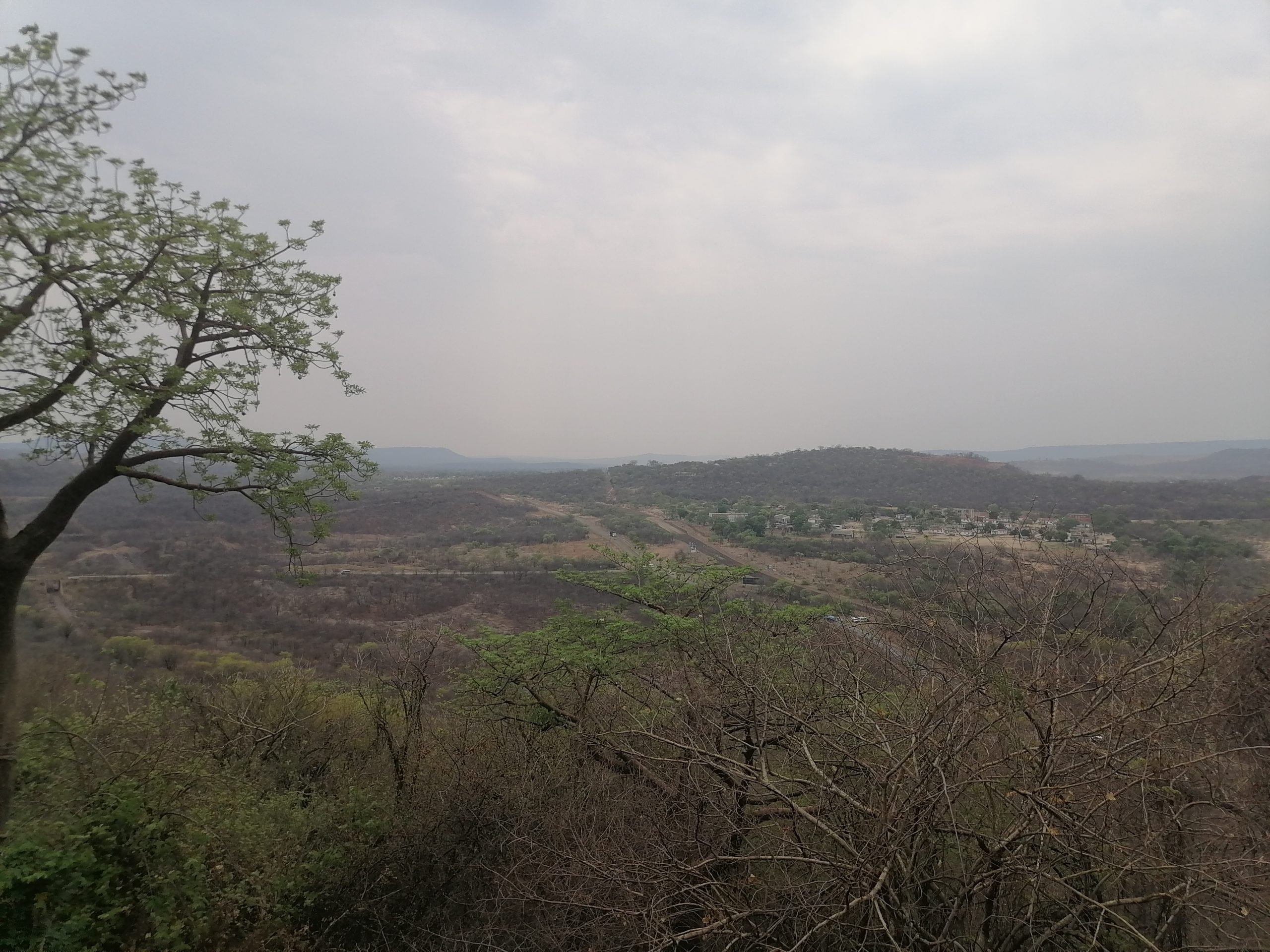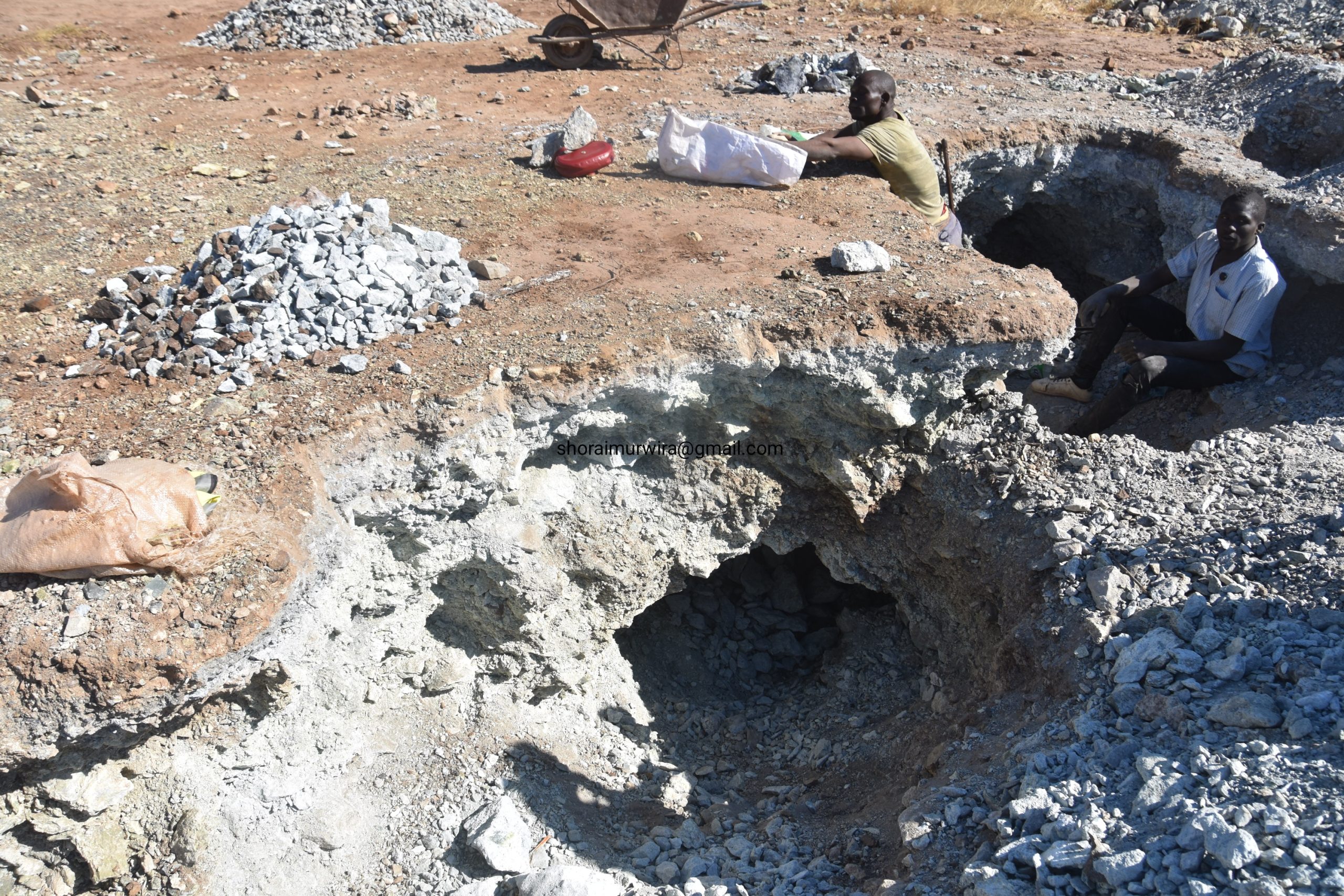by Rukudzo Gota
In a pivotal moment for environmental stewardship, d,elegates at the 15th Conference of the Parties (COP15) of the Ramsar Convention on Wetlands have made significant strides in advancing wetland conservation efforts.
The conference, which took place over several days, culminated in the adoption of three crucial resolutions focused on effective water management, comprehensive wetland inventories, and the recognition of ecosystem services.
This gathering not only highlighted the urgent need for sustainable practices but also fostered international collaboration for safeguarding one of the planet’s most vital ecosystems.
During the plenary sessions, chaired by COP15 Alternate President Tadeous Chifamba from Zimbabwe, delegates engaged in rigorous discussions about draft resolutions aimed at enhancing the governance and conservation of wetlands worldwide.
The urgency for equitable governance was underscored by the United Kingdom’s proposal, co-developed with Zimbabwe, Madagascar, and the United Arab Emirates.
This proposal emphasizes the need for protected areas and other effective area-based conservation measures (OECMs) to align with the Kunming-Montreal Global Biodiversity Framework, promoting flexibility for nations to adapt strategies to their unique contexts.
“Effective conservation must consider local governance structures to succeed,” asserted Chifamba. “As we face climate change and biodiversity loss, it is critical that our strategies are both inclusive and adaptable.”
Support for the proposal came from various nations, including Denmark on behalf of the European Union, which, alongside the Philippines and others, advocated for the integration of OECMs into existing frameworks like the Ramsar Convention and the Convention on Biological Diversity.
South Africa stressed that these OECMs should complement, rather than substitute, the designation of Wetlands of International Importance.
Such discussions reflect a growing consensus on the necessity of tailored conservation strategies that respect the unique ecological and cultural landscapes of each nation.
One of the standout resolutions introduced by China called for stronger national actions to conserve and restore waterbird flyways, a critical component of wetland health.
Supported by countries such as Cambodia and Malawi, the proposal seeks to enhance regional coordination and find sustainable funding sources for flyway conservation efforts.
“The health of our wetlands is inextricably linked to the migratory patterns of waterbirds,” stated a representative from China. “By preserving these pathways, we ensure the ecological balance of our shared environments.”
In addition to these resolutions, discussions also centered around the financial frameworks necessary for sustaining conservation efforts.
Zimbabwe, backed by a coalition of nations including Mexico and Brazil, raised concerns about outdated funding structures, insisting that a new working group be created to explore innovative financing solutions.
“Without proper funding, even the best resolutions are merely words on paper,” emphasized a delegate from Mexico, highlighting the immediate need for actionable financial strategies.
The conference made strides towards integrating Indigenous knowledge and youth participation into the conservation narrative.
India and Uganda introduced resolutions aimed at promoting sustainable lifestyles and enhancing education on wetland culture.
Australia championed the involvement of youth in wetland governance, drawing attention to the importance of empowering the next generation of environmental stewards. “The voice of our youth is vital for pioneering progressive wetland governance,” said an Australian delegate, echoing sentiments shared by many participants.
As discussions also touched upon urban and peri-urban wetlands, Colombia, supported by the European Union, advocated for their inclusion in city planning initiatives.
With rapid urbanization threatening natural habitats, it became evident that comprehensive planning is essential for integrating ecological concerns into the fabric of urban development.
COP15 has emerged as a landmark event, shedding light on the necessity for collaborative action to confront the myriad challenges faced by wetlands globally.
As nations continue to negotiate the fine balance between development and conservation, the key resolutions adopted serve as a reminder of our collective responsibility to safeguard the planet’s invaluable ecosystems.
The successful outcomes of this conference lay a hopeful foundation for future initiatives, proving that when countries come together with a shared purpose, remarkable progress can be achieved in the fight against climate change and biodiversity loss.









